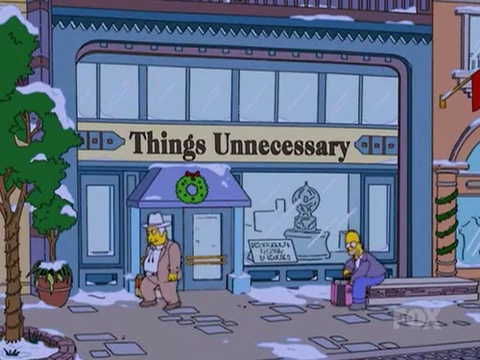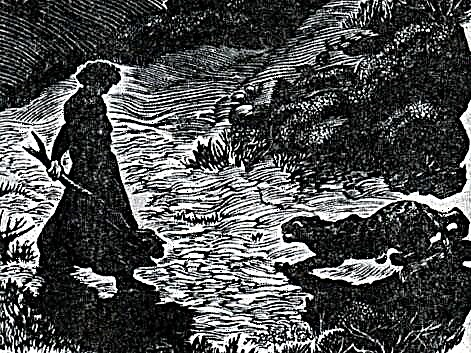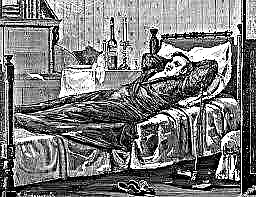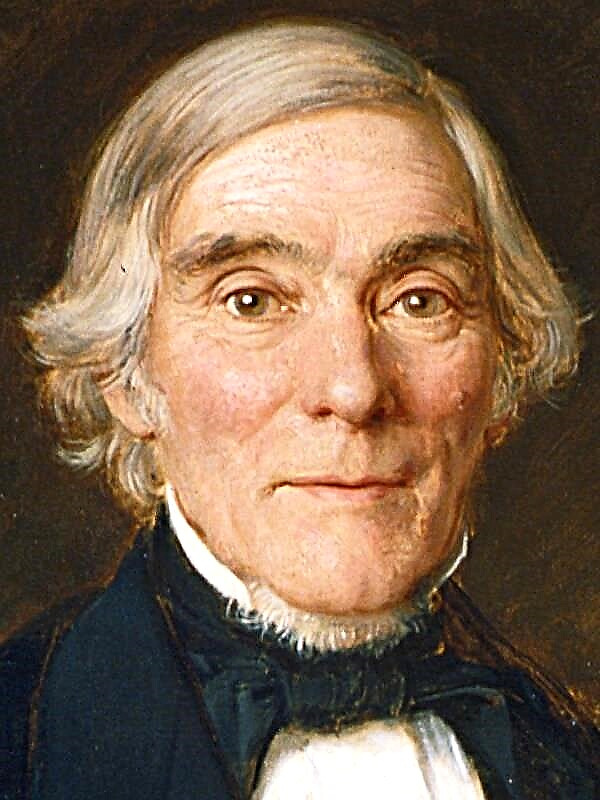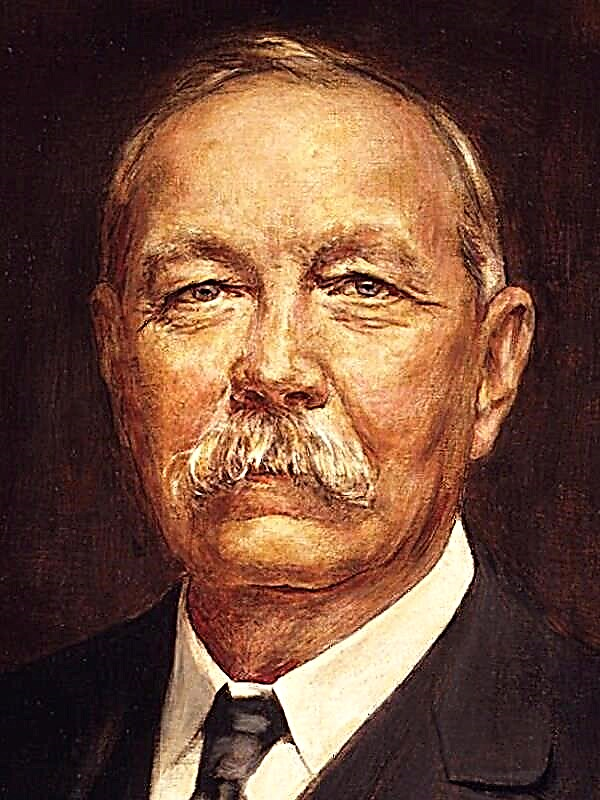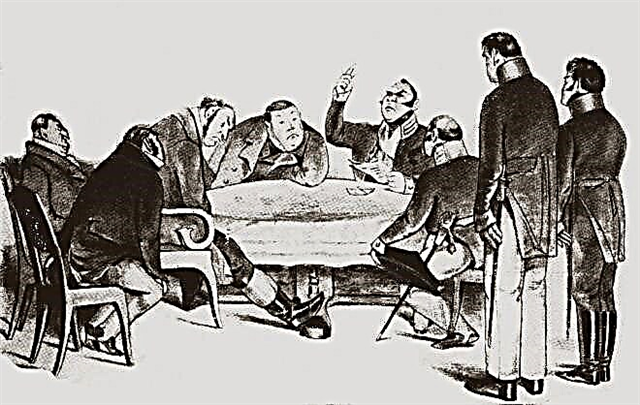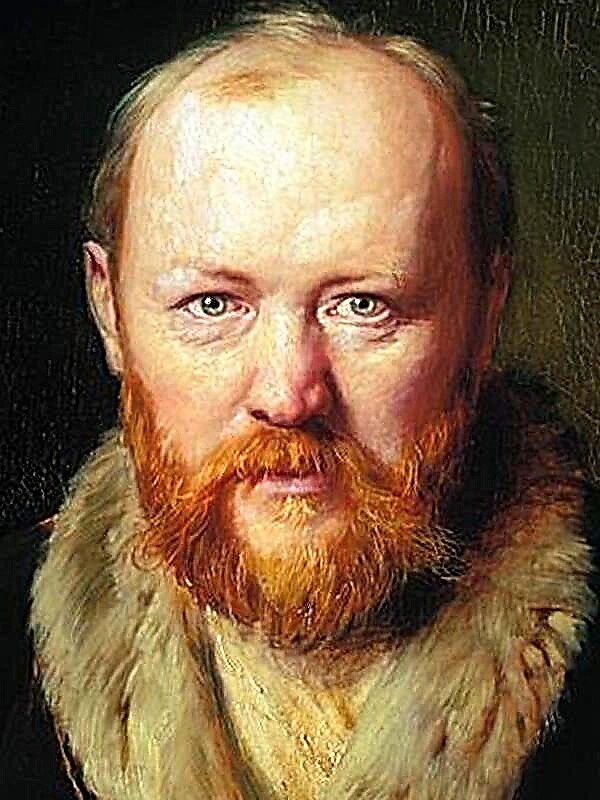(350 words) In 1898, A. Chekhov wrote a “small trilogy” consisting of three stories: “A Man in a Case”, “Gooseberry”, “About Love”. All these works are devoted to one common theme - the "case" of human life. A case is a limitation of thinking, or a certain template in which a person can enclose his spiritual and physical being. There are many options for manifesting a case, since there are many template programs. We can see confirmation of this on the example of the famous Chekhov trilogy.
The story “A Man in a Case” presents the story of Belikov, a school teacher, who was literally afraid of everything that could be called a manifestation of life. His principle: “No matter what happens”, on the basis of which, Belikov avoided everything new and unknown. For example, the ancient languages that he taught are a departure from the present into the past, from where no dangers, risks can come. The hero, as it were, closed in his "case", causing harm to the people around him. Teachers and students of the gymnasium were afraid and avoided him, making fun of the complaints of men on every occasion. The whole world for him has narrowed to some ridiculous rules and prohibitions that must be observed, no matter what. It was this one-sidedness, the narrowness of thinking that led him to premature death.
In “Gooseberry” the “case” already looks different than in the previous story. Here, the meaning of the existence of an official Nikolai Ivanovich consisted in buying a property with its own garden gooseberry. Reaching his goal, he became happy, but at what cost? Completely dumb and lazy, having lost interest in everything else, he reduced his stupid limited life to an insignificant small thing - gooseberries, which only remained to eat with a dull and contented face.
The third story of the trilogy is called “On Love”. The protagonist of this story, the landowner Alyokhin, tells his hunting buddies how he lost his beloved woman because of moral restrictions that have settled in his mind. If in love he listened to his heart, and not the generally accepted rules of society about what should be the "right" relationship, then his love of his whole life would probably remain with him. This is another example of “case”, when a person pushes himself into the framework, putting certain rules above his own happiness.
A case is a personality problem, relevant not only in the time of Chekhov, but also after many years. The opposite of “casing” is a lively, multifaceted, free and active life, full of risks, but worth living it just like that.


 Thinking traps
Thinking traps